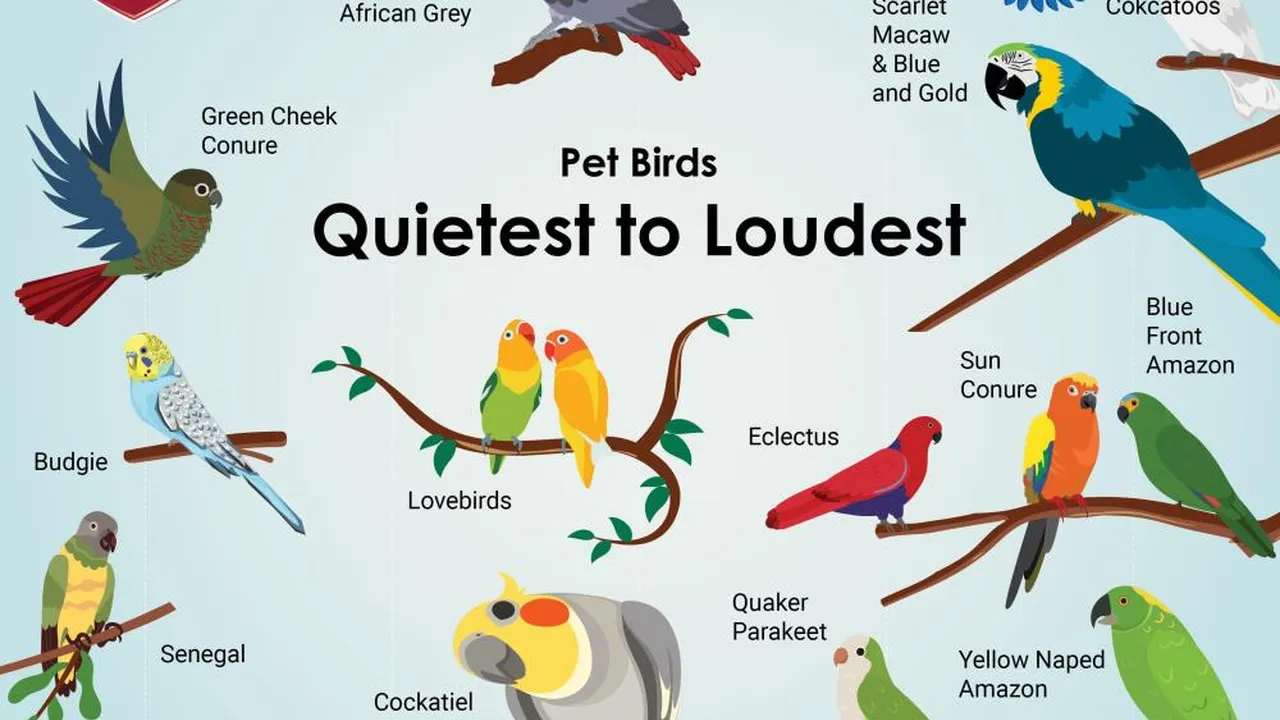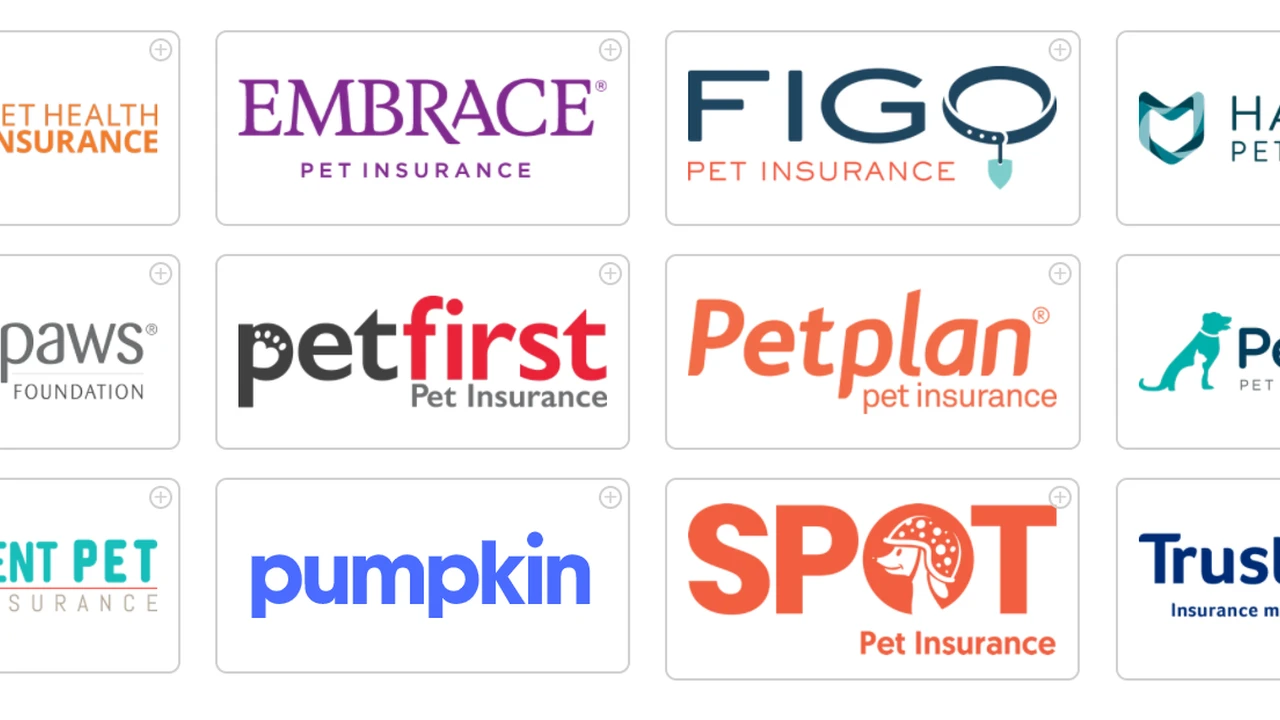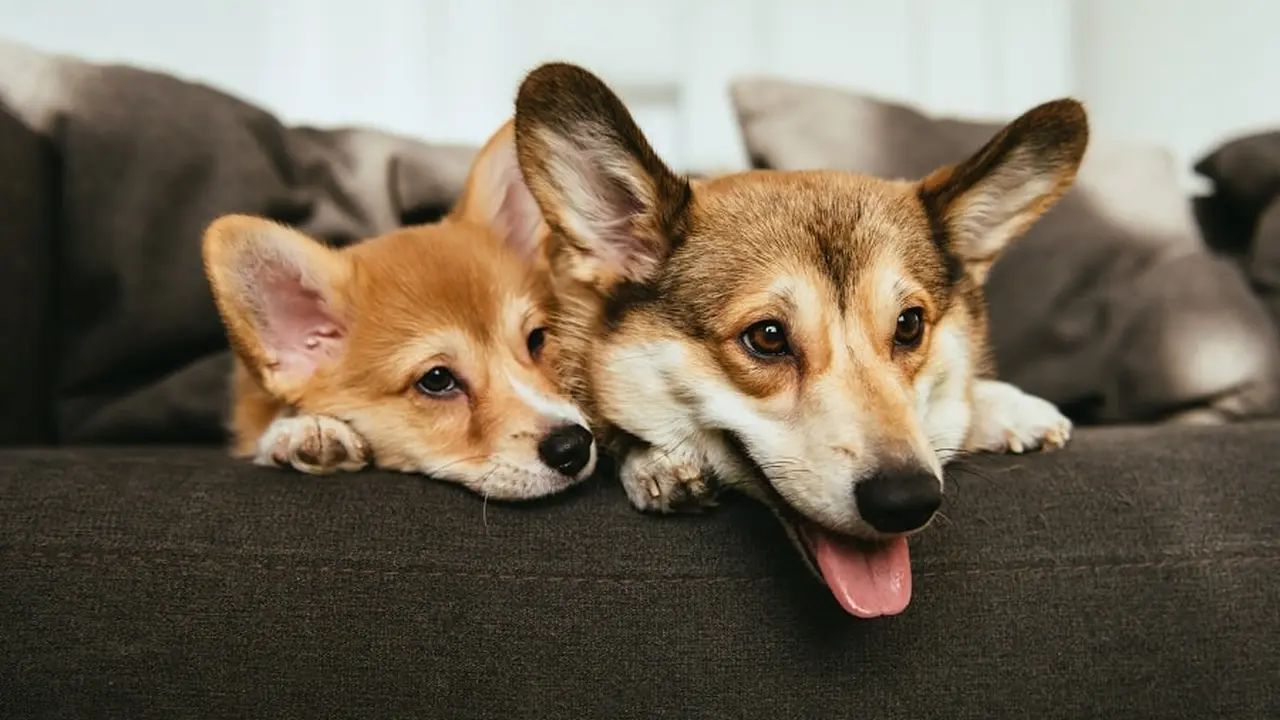5 Ways to Reduce Pet Anxiety and Stress
Anxiety can affect your pet's well-being. Discover ways to reduce stress and anxiety. Help your pet feel calm and comfortable.

Understanding Pet Anxiety: Identifying the Root Causes
Hey there, pet parents! Ever wonder why your furry friend seems a bit… off? Maybe they're hiding under the bed, pacing nervously, or barking at every little sound. Chances are, they might be experiencing anxiety. Just like us humans, pets can suffer from anxiety for a variety of reasons. Let's dive into some of the common culprits:
- Separation Anxiety: This is a big one! Many dogs and cats get super stressed when left alone. They might start chewing furniture, having accidents in the house, or howling for hours. It's their way of saying, "Hey, where are you going?! Come back!"
- Noise Anxiety: Loud noises like thunderstorms, fireworks, or construction can send some pets into a tailspin. They might tremble, pant, or try to escape. Think of it as their fight-or-flight response kicking into high gear.
- Travel Anxiety: Car rides can be a nightmare for some pets. They might get nauseous, whimper, or even try to bolt out of the car. It's often linked to motion sickness or negative associations with past trips (like going to the vet).
- Social Anxiety: Some pets are just naturally shy or fearful around new people or other animals. They might hide, growl, or act defensively. It's important to respect their boundaries and not force them into uncomfortable situations.
- Age-Related Anxiety: As pets get older, they can develop cognitive dysfunction (think pet dementia), which can lead to confusion, disorientation, and increased anxiety. It's like their brains are slowly losing their way.
Creating a Calm Environment: Home is Where the Heart (and Peace) Is
Now that we know some of the common causes of pet anxiety, let's talk about how to create a calming environment for your furry friend. Think of your home as a sanctuary, a place where they feel safe, secure, and loved. Here are some tips:
- Provide a Safe Space: Every pet needs a den, a place they can retreat to when they feel overwhelmed. This could be a crate, a bed under a table, or even just a quiet corner of the room. Make sure it's comfortable, accessible, and always available to them.
- Minimize Stressful Triggers: If you know what triggers your pet's anxiety, try to minimize their exposure to those triggers. For example, if they're afraid of thunderstorms, close the blinds, turn on some white noise, and create a cozy space for them to hide.
- Establish a Routine: Pets thrive on routine. Knowing when they're going to be fed, walked, and played with can help them feel more secure and in control. Try to stick to a consistent schedule as much as possible.
- Use Calming Scents: Certain scents, like lavender and chamomile, have calming properties. You can use a diffuser, a calming spray, or even just a few drops of essential oil on their bedding.
- Play Calming Music: Music can have a powerful effect on mood. Try playing classical music, nature sounds, or even specially designed "pet calming" music.
The Power of Exercise and Mental Stimulation: A Tired Pet is a Happy Pet
Exercise and mental stimulation are crucial for reducing pet anxiety. A bored or under-stimulated pet is more likely to develop anxiety-related behaviors. Think of it as pent-up energy finding an outlet, and sometimes that outlet isn't pretty! Here's how to keep your pet happy and engaged:
- Regular Exercise: Daily walks, runs, or play sessions are essential for burning off excess energy. The amount of exercise your pet needs will depend on their breed, age, and energy level.
- Interactive Toys: Puzzle toys, treat-dispensing toys, and interactive games can keep your pet mentally stimulated and prevent boredom. These toys challenge them to think and problem-solve, which can be very rewarding.
- Training: Training is a great way to bond with your pet and provide mental stimulation. Teach them new tricks, practice obedience commands, or even enroll in an agility class.
- Socialization: Expose your pet to new people, places, and experiences in a safe and controlled environment. Socialization helps them become more confident and less fearful.
- Food Puzzles: Instead of just putting their food in a bowl, try using a food puzzle. This forces them to work for their food, which can be a fun and engaging activity.
Supplements and Medications: When Extra Help is Needed
Sometimes, lifestyle changes aren't enough to manage pet anxiety. In these cases, supplements or medications might be necessary. Always consult with your veterinarian before giving your pet any supplements or medications.
- L-Theanine: This amino acid is found in green tea and has calming properties. It can help reduce anxiety and promote relaxation.
- Melatonin: This hormone regulates sleep and can also help reduce anxiety. It's often used for pets with noise anxiety or separation anxiety.
- CBD Oil: CBD oil is derived from hemp and has shown promise in reducing anxiety in pets. However, more research is needed.
- Prescription Medications: In severe cases of anxiety, your veterinarian might prescribe medications like antidepressants or anti-anxiety drugs. These medications can help regulate brain chemistry and reduce anxiety symptoms. Examples include fluoxetine (Prozac) or alprazolam (Xanax).
Product Recommendations: Tools to Help Your Anxious Pet
Here are a few product recommendations that can help reduce pet anxiety. Remember to always consult with your vet before introducing anything new to your pet's routine!
Anxiety Vests
These vests apply gentle, constant pressure to your pet's torso, which can have a calming effect. It's similar to swaddling a baby. They are great for noise phobias and travel anxiety.
- Thundershirt: This is the most well-known brand. It's available in various sizes and is machine washable. Cost: $39.95 - $49.95 depending on size.
- AKC Anti-Anxiety Calming Coat: A more affordable option that also provides gentle pressure. Cost: $29.99 - $34.99.
Calming Diffusers
These diffusers release calming pheromones into the air, which can help reduce anxiety and stress. They are good for general anxiety and multi-pet households.
- Adaptil Diffuser (for dogs): Releases a synthetic version of the pheromone that mother dogs release to their puppies, creating a sense of security. Cost: $29.99 for the diffuser, $19.99 for refills.
- Feliway Diffuser (for cats): Releases a synthetic version of the feline facial pheromone, which cats use to mark their territory and feel safe. Cost: $27.99 for the diffuser, $17.99 for refills.
Interactive Toys
These toys keep your pet mentally stimulated and prevent boredom, which can help reduce anxiety.
- Kong Wobbler: A treat-dispensing toy that wobbles around, challenging your pet to figure out how to get the treats out. Cost: $17.99.
- Nina Ottosson Puzzle Toys: A variety of puzzle toys with different levels of difficulty. Cost: $19.99 - $39.99 depending on the puzzle.
Calming Beds
A comfortable and supportive bed can provide a sense of security and comfort for anxious pets.
- Best Friends by Sheri Calming Donut Bed: A round, plush bed that provides a sense of security and comfort. Cost: $34.99 - $59.99 depending on size.
- Furhaven Orthopedic Pet Bed: Provides orthopedic support for older pets with joint pain, which can contribute to anxiety. Cost: $49.99 - $99.99 depending on size.
Comparing Anxiety Reduction Methods: Finding the Right Fit for Your Pet
Let's break down a quick comparison of the different methods we've discussed. It's all about finding what works best for YOUR pet!
- Lifestyle Changes (Routine, Environment, Exercise): These are the foundation! They're essential for all pets, but might not be enough for severe anxiety. Think of it as building a solid base before adding extra layers.
- Supplements: A good option for mild to moderate anxiety. They're generally safe, but it's always best to check with your vet first. They can be a helpful boost to lifestyle changes.
- Medications: Reserved for severe anxiety that isn't responding to other methods. They can be very effective, but also have potential side effects. This is a conversation you need to have with your vet.
- Anxiety Vests: Great for specific triggers like noise or travel. They're a non-invasive way to provide comfort and security. Think of them as a hug for your pet!
- Calming Diffusers: Good for general anxiety and multi-pet households. They create a calming atmosphere in the home. It's like aromatherapy for your furry friend!
- Interactive Toys: Excellent for preventing boredom and providing mental stimulation. They can help redirect anxious energy into positive activities. A great way to keep your pet engaged and happy!
- Calming Beds: Provide a safe and comfortable space for your pet to retreat to. They can help reduce anxiety and promote relaxation. A cozy haven for your furry friend!
Ultimately, the best approach to managing pet anxiety is a multi-faceted one. Combine lifestyle changes with supplements, medications (if needed), and calming products to create a comprehensive plan that addresses your pet's individual needs. And most importantly, be patient and loving. Your pet needs your support and understanding to overcome their anxiety.
:max_bytes(150000):strip_icc()/277019-baked-pork-chops-with-cream-of-mushroom-soup-DDMFS-beauty-4x3-BG-7505-5762b731cf30447d9cbbbbbf387beafa.jpg)






